Why is Rare Tea Different?
For generations, tea has been a very exploitative industry. Today, big brands engage in price wars in the supermarkets hoping to win your loyalty with the lowest prices. They don’t want to lose profit so they put the burden on the farmers - paying less and less for tea.
Quality drops and marginalised farming communities are forced into ever deeper poverty.
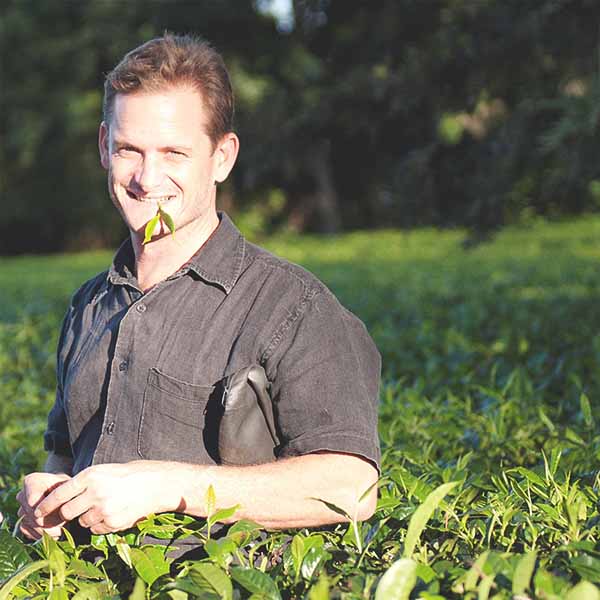
MALAWI
Alexander Kay, Satemwa Estate
Alex Kay a tea farmer in Malawi puts it succinctly:
“It’s a race to the bottom.”
Life expectancy in tea communities can be as low as the early 40's.
We don’t want to be any part of that. We hope you won't either.
We support the three pillars of sustainability:
-

Economic
-

Social
-

Environmental
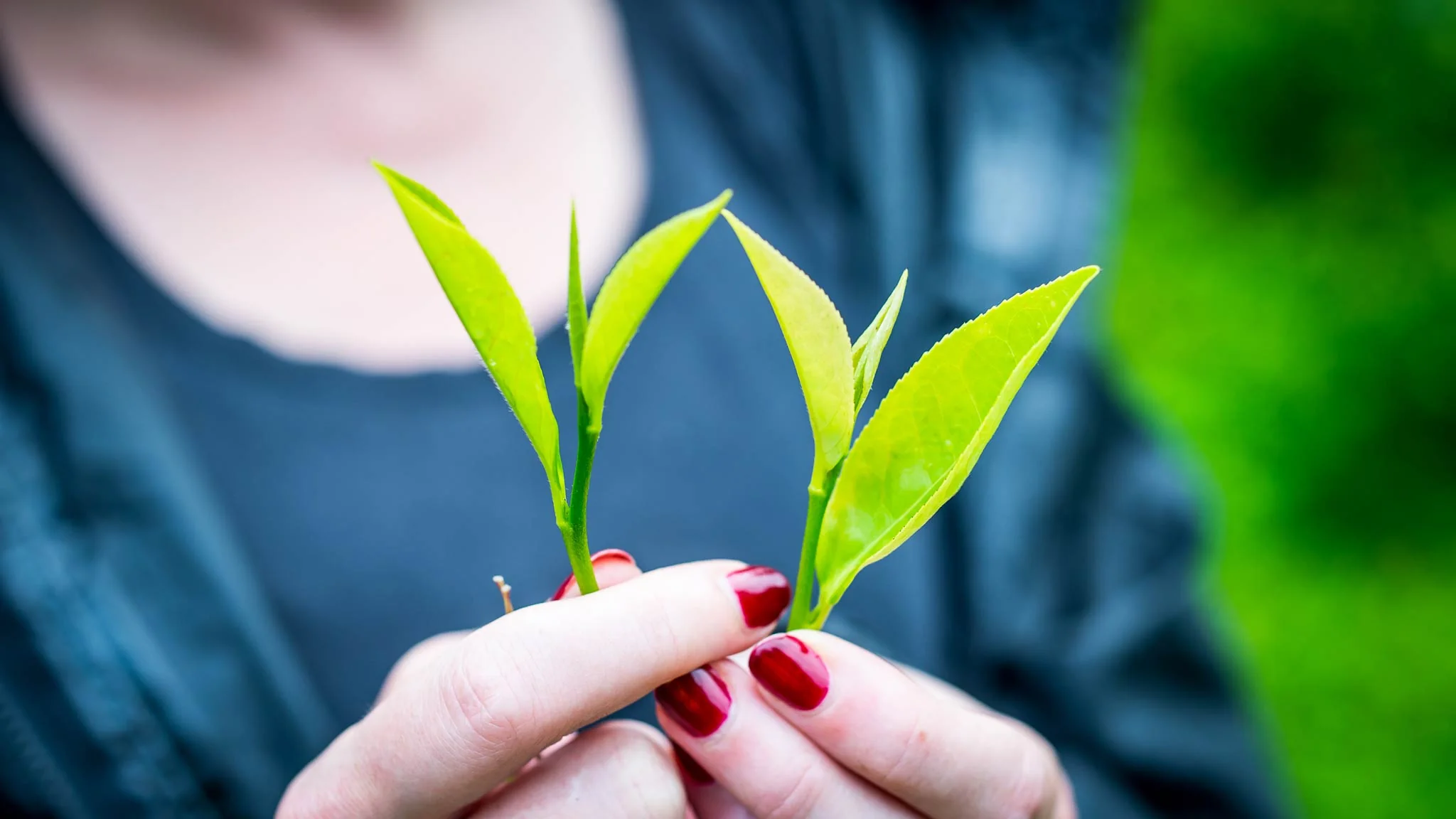
Economic Sustainability
Tea can be bought for a few dollars a kilo - or for thousands. All the things you know about wine are true of tea; the plant varietal, the unique growing conditions, when and how it is harvested, and of course, how it is crafted.
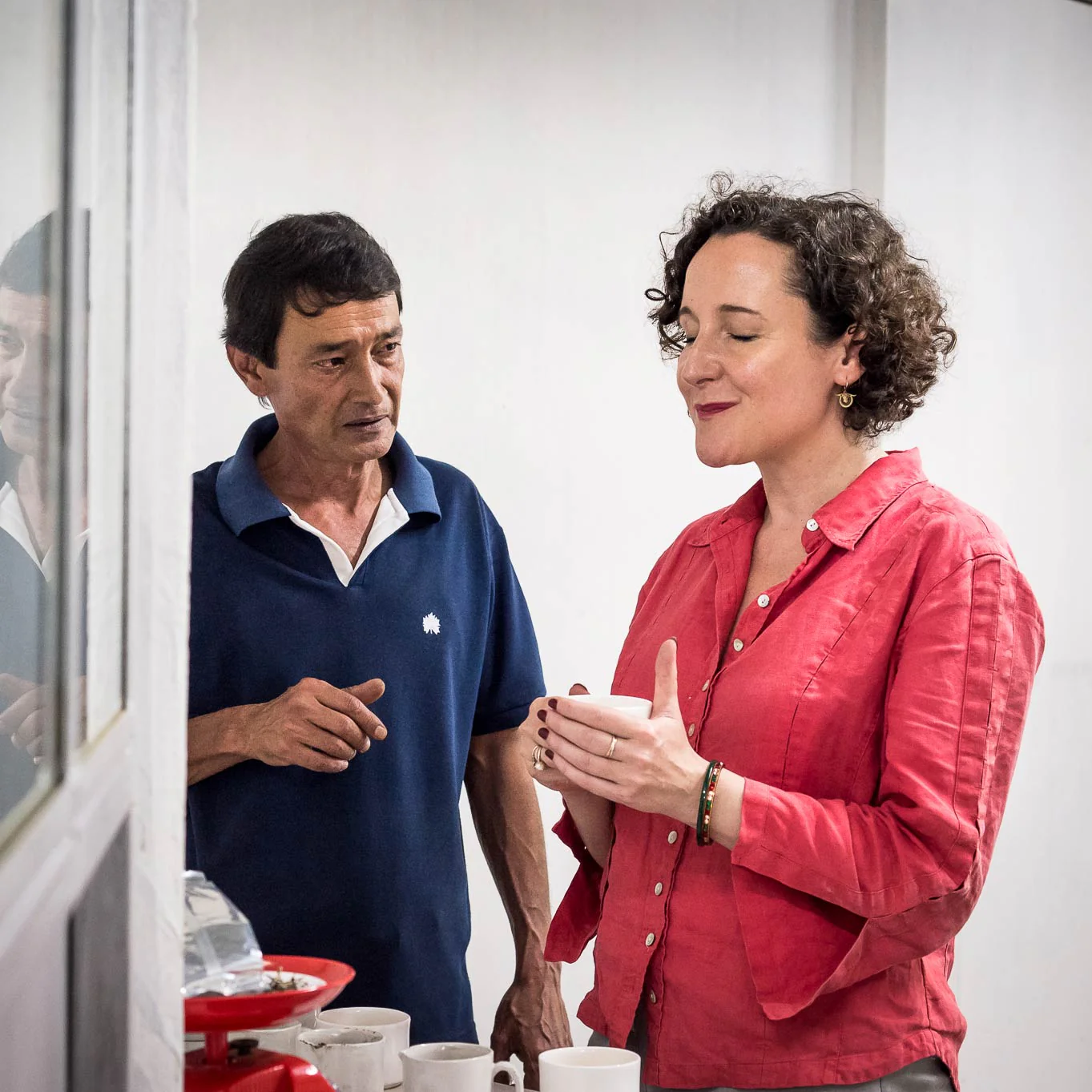
APPRECIATION
From the first sip...
Unlike wine, it only costs a few pence more per cup to drink the best tea in the world. With wine, knowledge and expertise are often required to identify the good stuff. Even experienced sommeliers can be fooled. With loose leaf tea we can all appreciate it from the first sip. From builders to Michelin-starred chefs, the luxury of hand-crafted, loose leaf tea is a revelation and a pleasure.
And it’s an affordable luxury. When you consider what we are prepared to pay for a mediocre take-away coffee – good tea is comparatively very cheap.
"Where once we only had industrial granules we now have fragrant coffee beans. Beside malt vinegar in cupboards across the country there is cider, sherry and aged balsamic. Where there was only vegetable oil the nation has embraced extra virgin olive. Now it's teas time."
Henrietta Lovell - Founder and Tea Lady
The impact for the communities
By buying better tea we are all rewarded. By choosing tea for quality over price we are supporting skilled men and women in marginalised rural communities and getting better flavour.
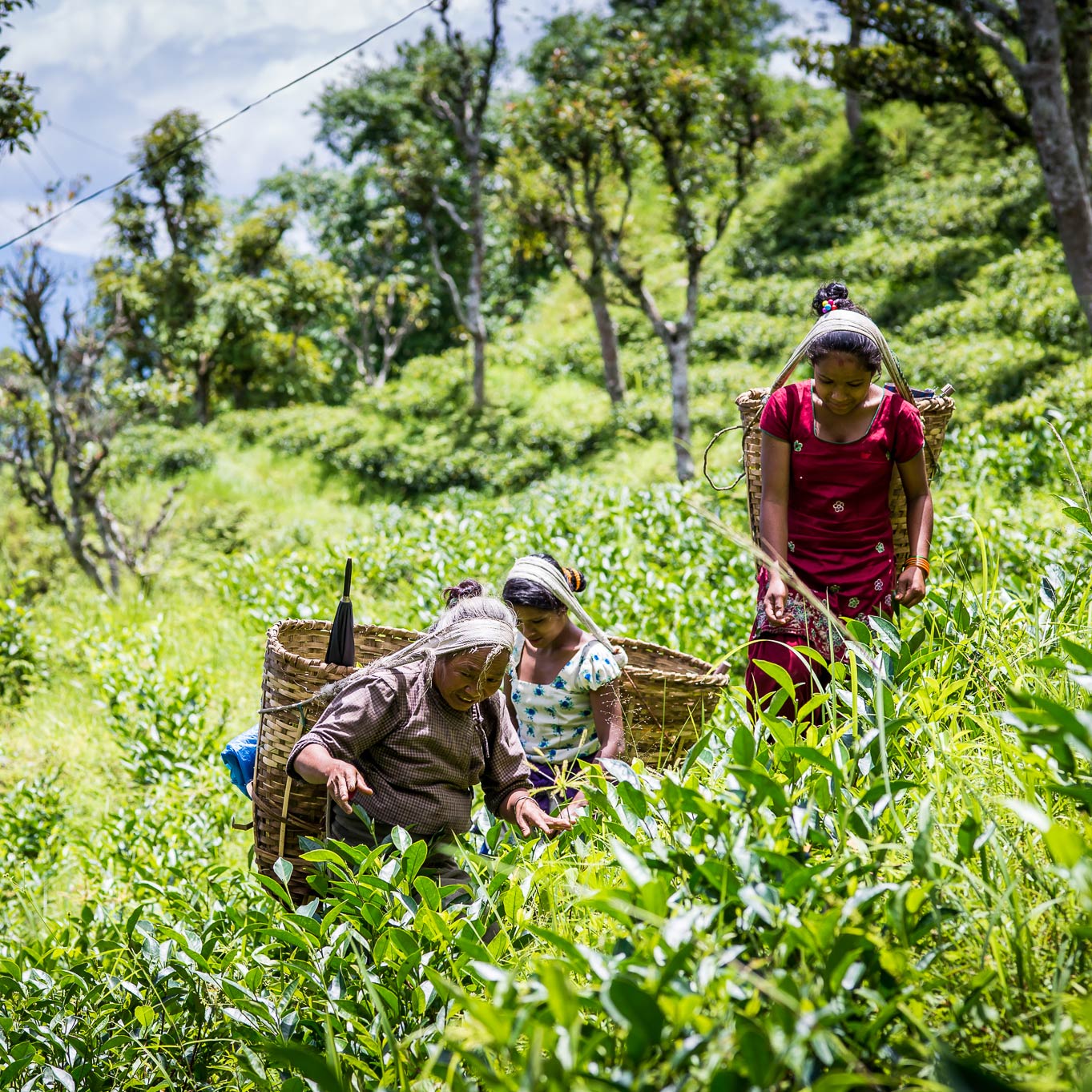
VALUABLE LEAF
A hopeful future
Our farmers craft more valuable leaf in exchange for a better price. They are hoping their efforts to create something wonderful will give us something we will be happy to pay for. And you only have to try it to understand that they are not wrong to put their faith in a new tea trade. One sip of their tea and the future looks decidedly more hopeful.
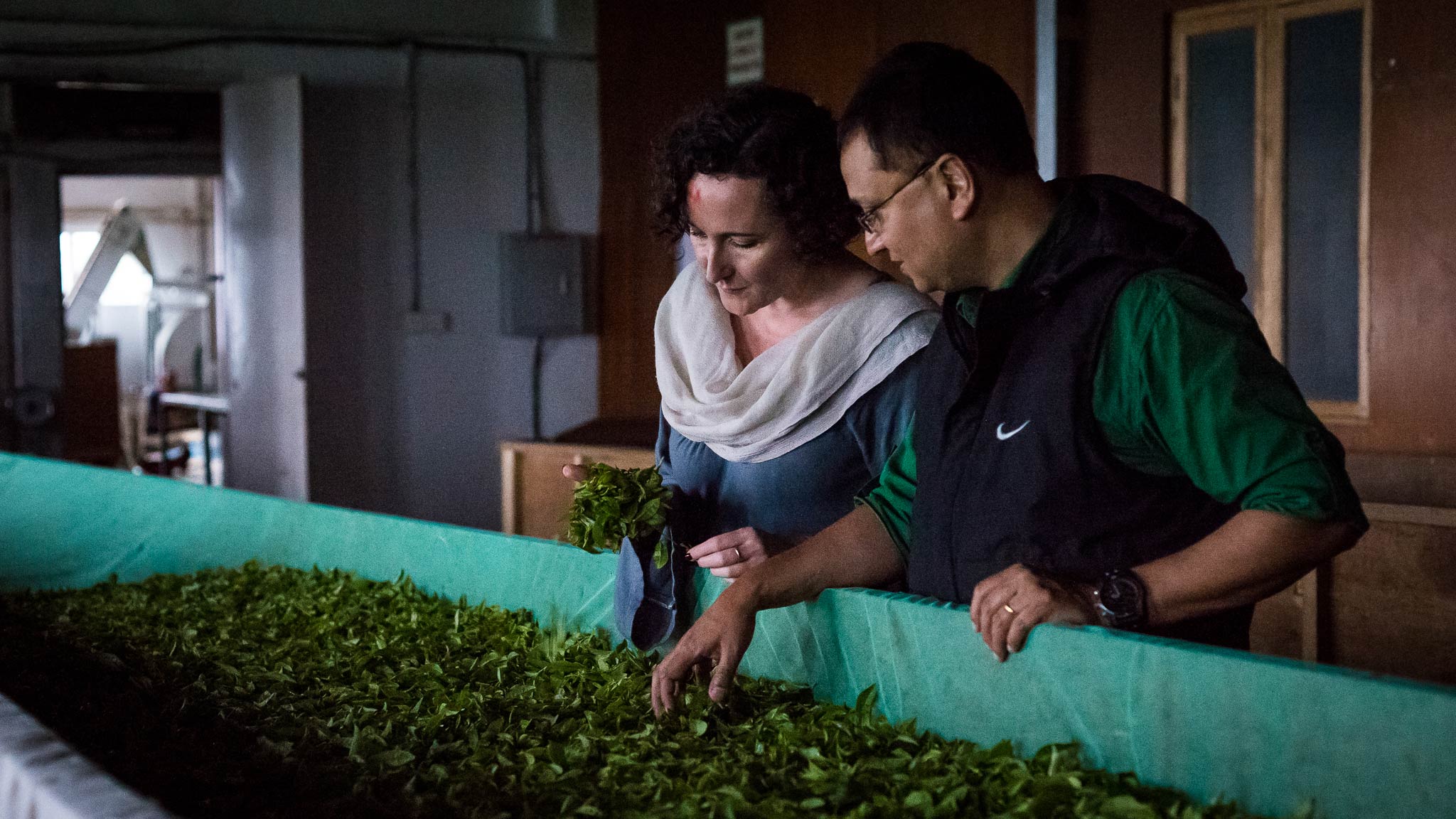
Social Sustainbility
We work with men and women who hand craft tea in small batches, not vast machines churning out an industrial product. They have inherited generations of skill and are fiercely proud of what they do; we are proud to work with them.
Better tea, better jobs
Better tea brings more and better jobs. Better prices bring better wages. We work alongside our farms – investing in infrastructure and guaranteeing harvests and prices.
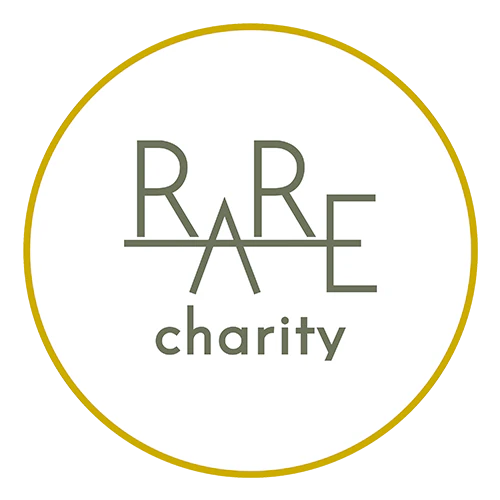
REVENUE, NOT PROFIT
Fairtrade, our way.
We no longer work with the Fairtrade organisation. We realised we could have more impact by working directly with our farms. We return a percentage of our revenue (not profit that can be fudged) to Rare Charity supporting educational scholarships on our partner farms.
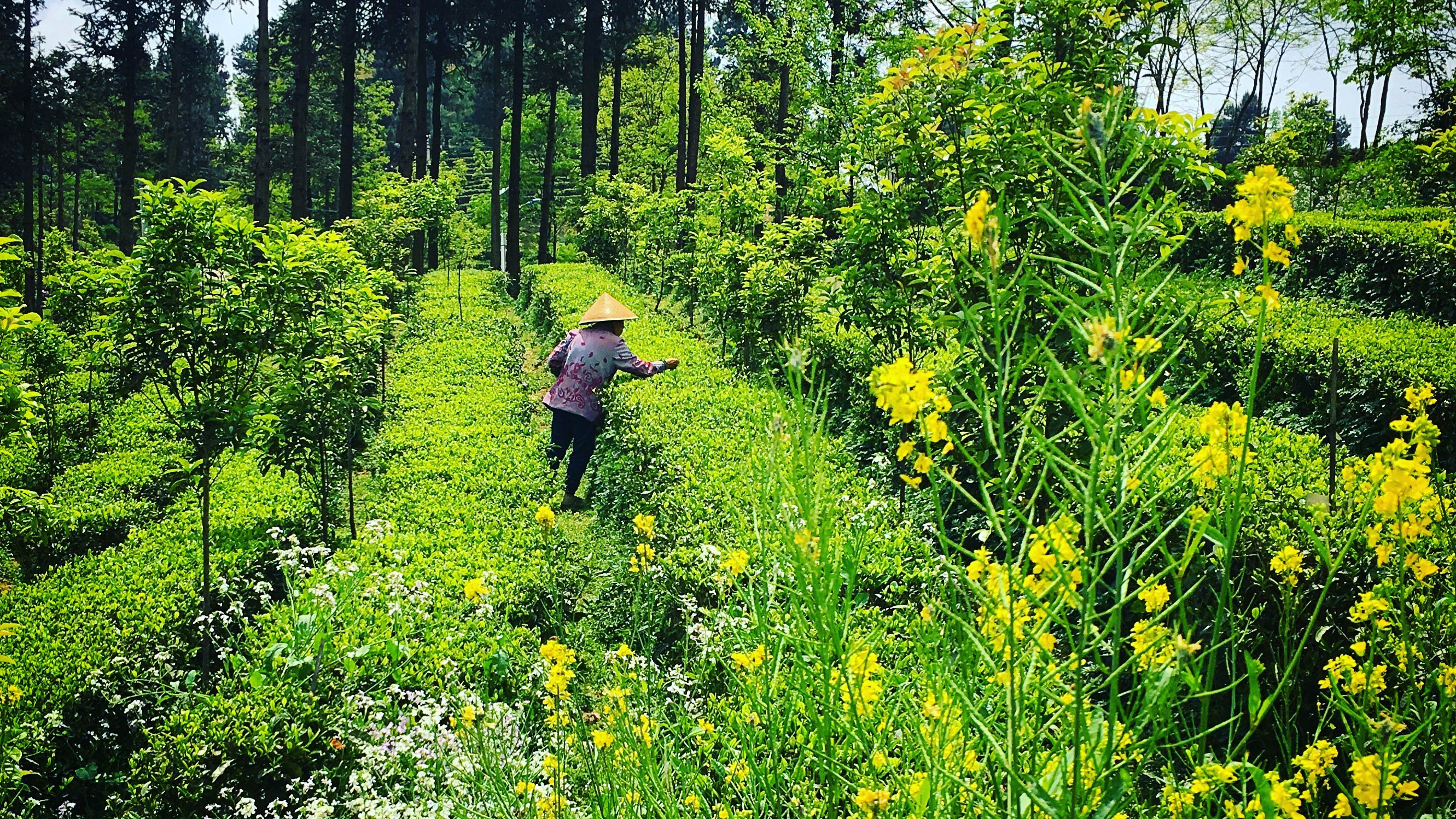
Environmental Sustainability
Rich biodiversity is crucial to the future of tea. Chemical pesticides and herbicides damage the diverse flora and fauna of tea gardens and the soil that sustains them. The richer the terroir the better the flavour of tea. And we really don’t want a load of chemicals on our leaves that will get into us.
We only work with farmers using organic principles who don’t use chemical pesticide or herbicides.
However, small producers don't always have the money or manpower necessary for the complex and very costly process of organic certification. Though the organic bodies might be no-profit organisations the certification companies are not.
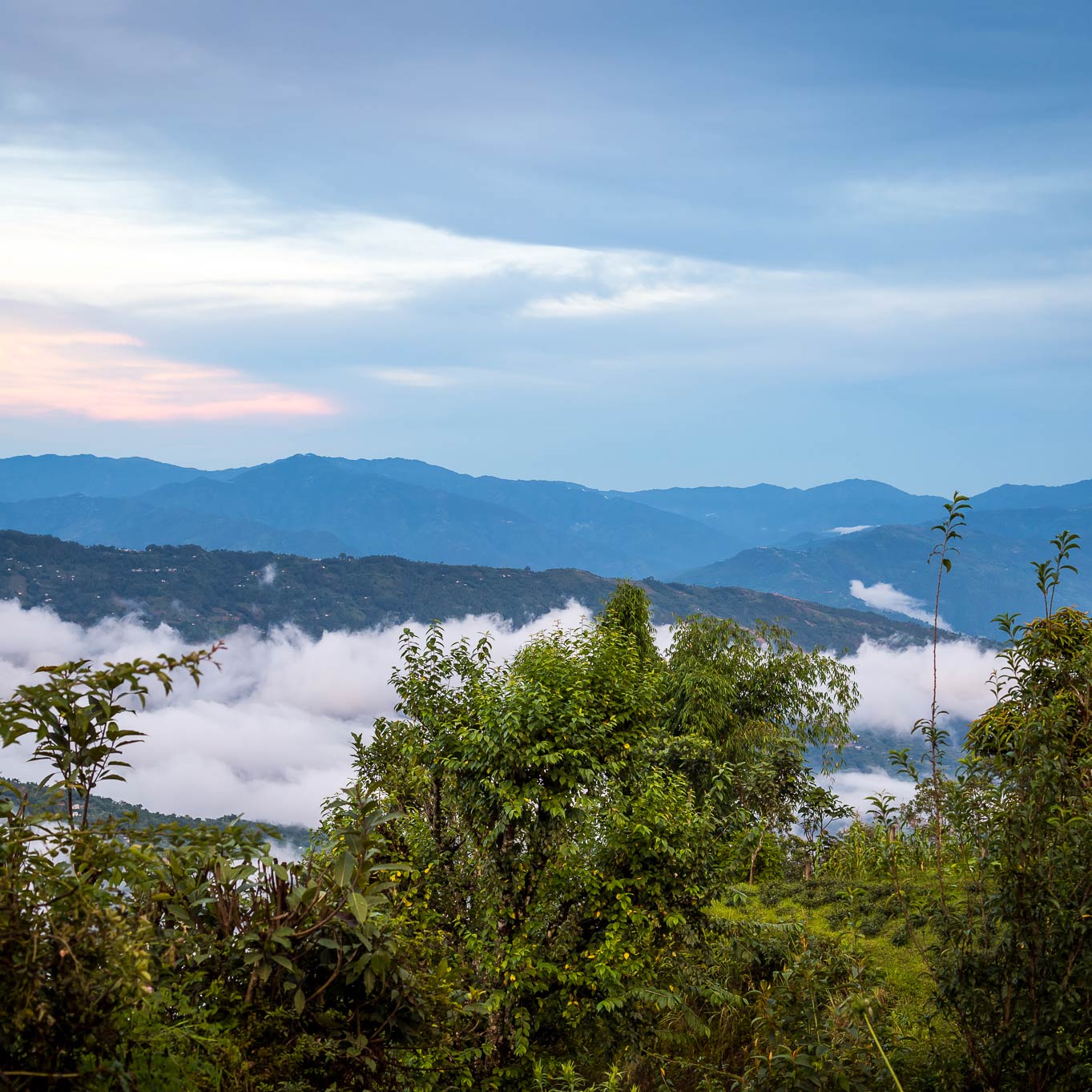
NEPAL
Jun Chiyabari
Our Nepali teas are grown in the untouched foothills of the Himalayas by the the Jun Chiyabari Tea Garden. They create their incredible tea without any chemicals and are organically certified.
Certification is far easier to arrange for big agri-businesses.
We have deliberated very carefully over labelling any of our teas organic (even the ones that do have certification). We worry that it would disadvantage the smaller farms we most admire, who are just as organic but can’t afford to certify.
We have our teas tested – taking on the burden of responsibility not placing it on the farmer. This means we don’t have the convenience of a stamp but think true sustainability goes beyond that.
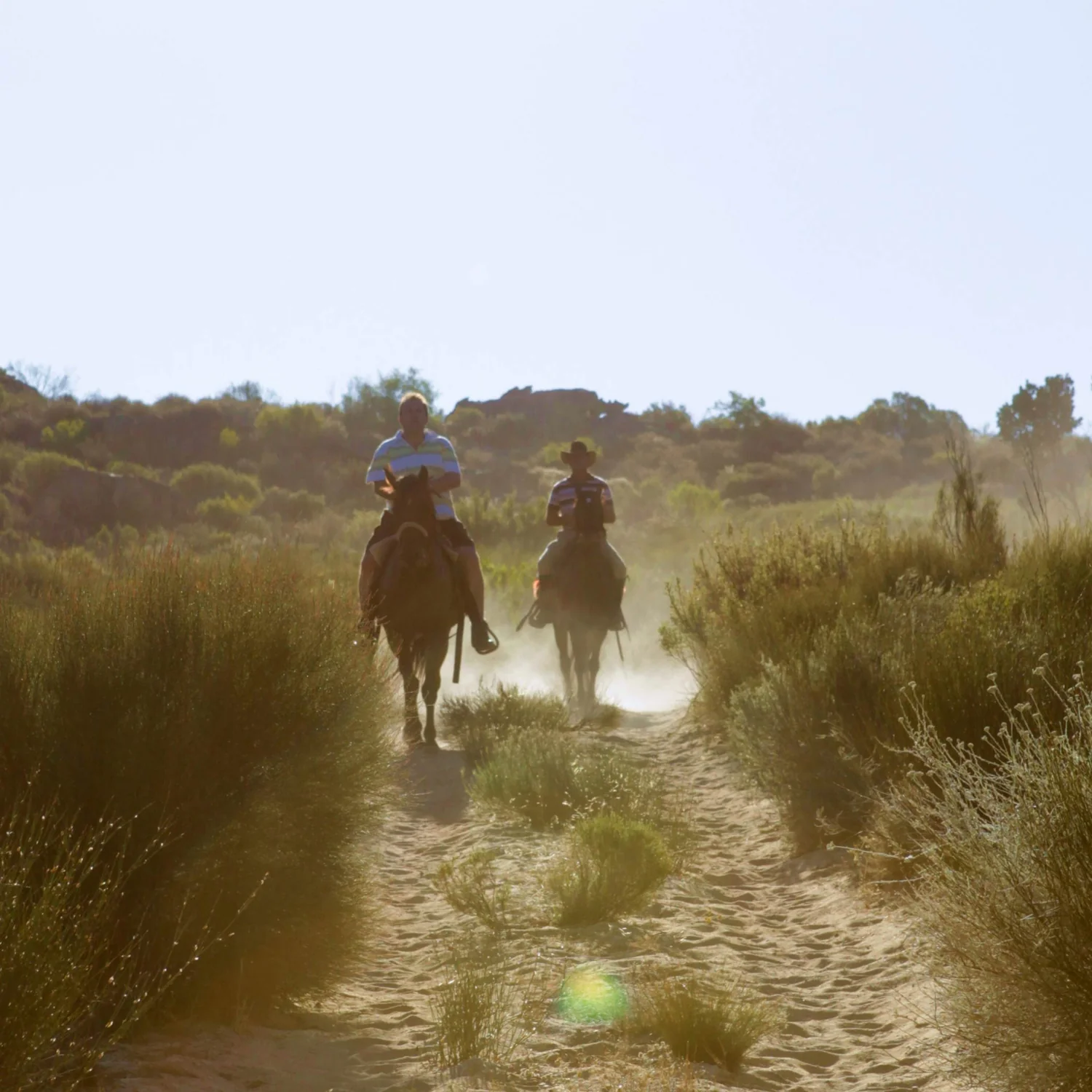
SOUTH AFRICA
Cederberg Mountains
Dr. Strauss, in the Cederberg Mountains of South Africa, carefully harvests his Wild Rooibos on horseback to protect the delicate ecosystem.
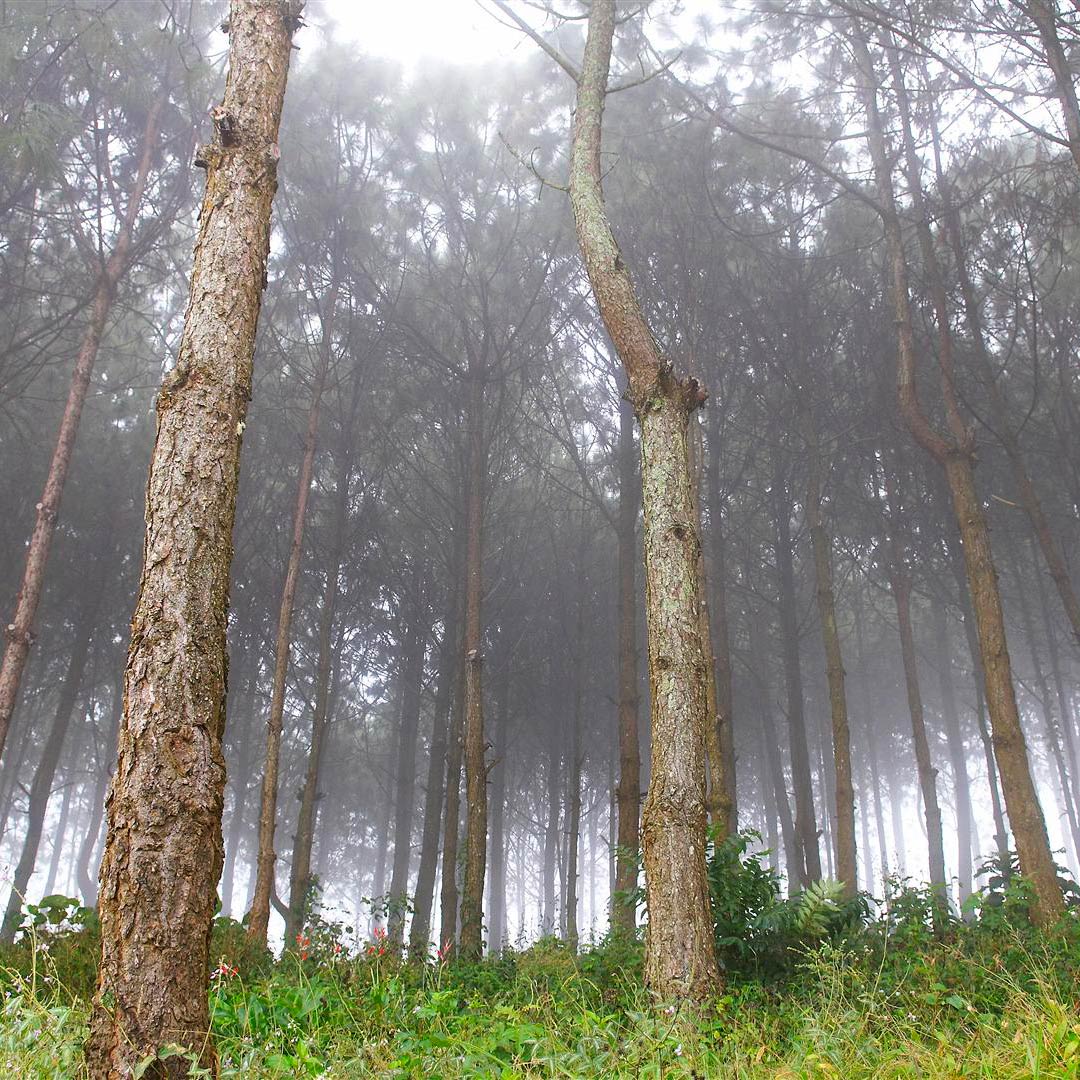
MALAWI
Satemwa Estate
Alexander Kay of Satemwa Estate, Malawi, uses wood from sustainable forestry to power his farm. He maintains virgin tracts of native forest across the farm for migration routes.
We use tins rather than paper, because tea must be protected from light, air and moisture - but our tin is recyclable and reusable.
Our shipping boxes are recyclable and are often reused. We use recycled shredded cardboard and acid-free tissue paper to pack our boxes.
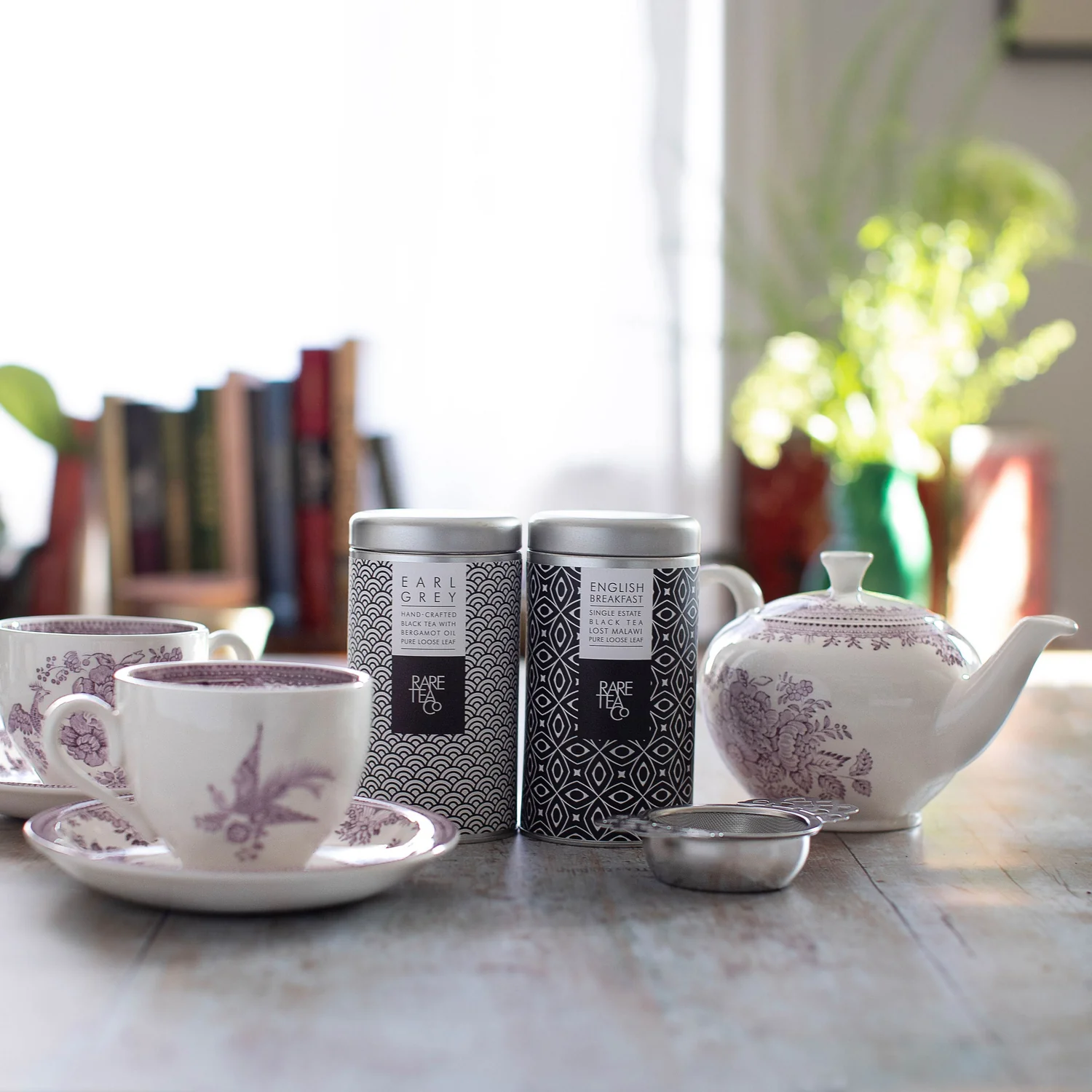
LIFETIME
Reducing waste
By drinking loose leaf instead of tea bags you are helping to reduce waste. Not only are the bags wasteful in themselves, using up precious resources for a single use, but they are made using industrial chemicals, bleaches, glues and nano-plastics.
A teapot lasts for ever, and can be passed on for generations - flooding your life with pleasure.












